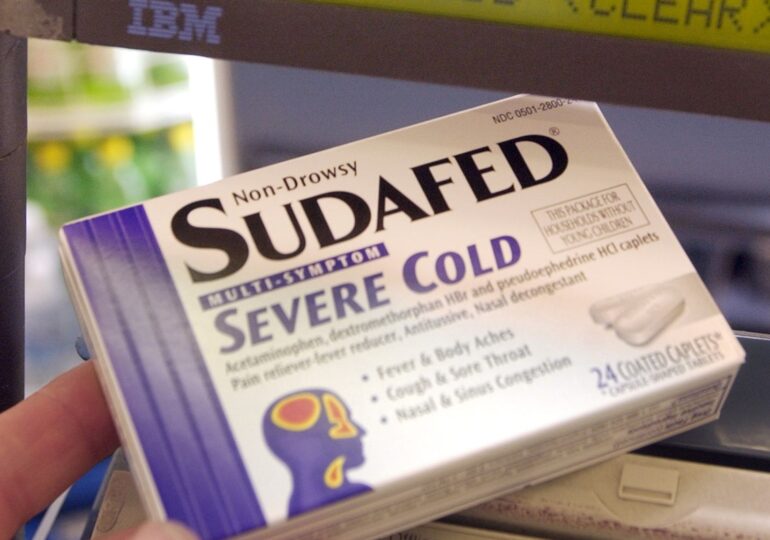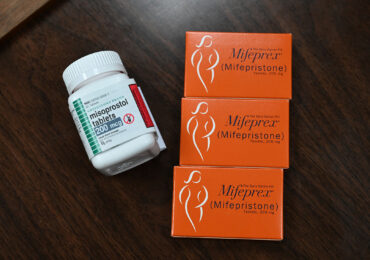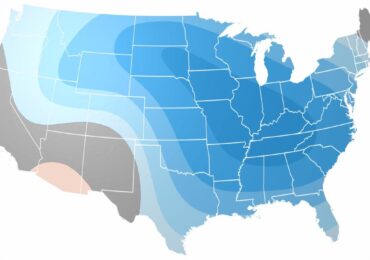Popular versions of cold and cough medications such as Sudafed are ineffective for congestion relief, according to a US drug advisory panel.
An FDA advisory panel voted on Tuesday against the effectiveness of phenylephrine – the key drug found in many over-the-counter cough and cold medicines – when taken orally.
The FDA assembled its outside advisers to take another look at phenylephrine after it found evidence that when phenylephrine is taken orally, a very small amount of the drug actually reaches the nose to relieve congestion.
Its panel decided no more trials were required to prove the drug’s ineffectiveness – a conclusion which could lead to pharmaceutical companies pulling their oral medications containing phenylephrine from store shelves, or manufacturers developing new formulations.
“The patient community requires and deserves medications that treat their symptoms safely and effectively and I don’t believe that this medication does that,” said Jennifer Schwartzott, one of the FDA panelists.
The FDA will now need to decide whether to revoke the drug’s over-the-counter designation as “generally recognised as safe and effective”.
If it does, it could lead to a major shake-up for the $2.2bn oral decongestants market, as phenylephrine is in the vast majority of its products.












